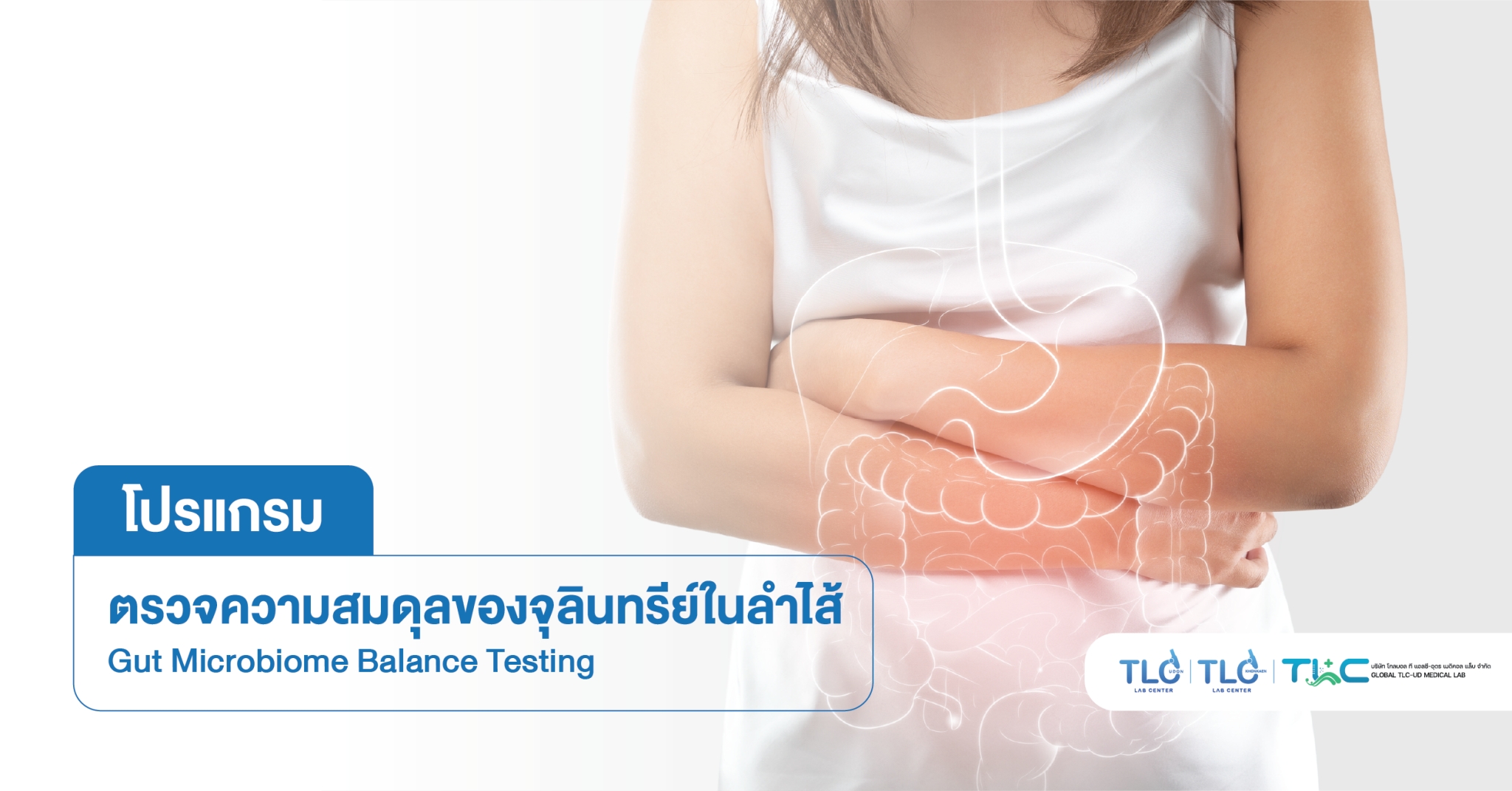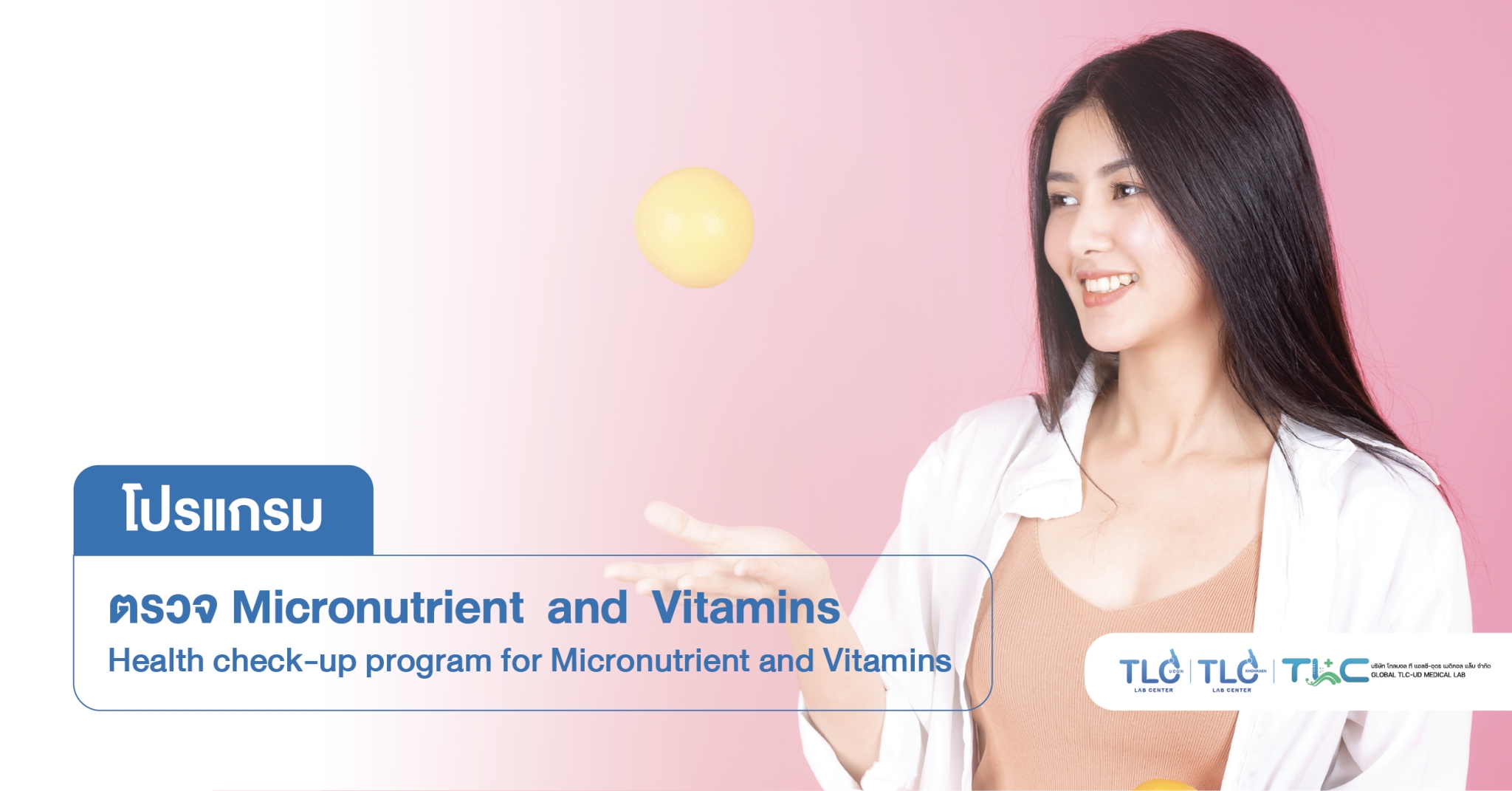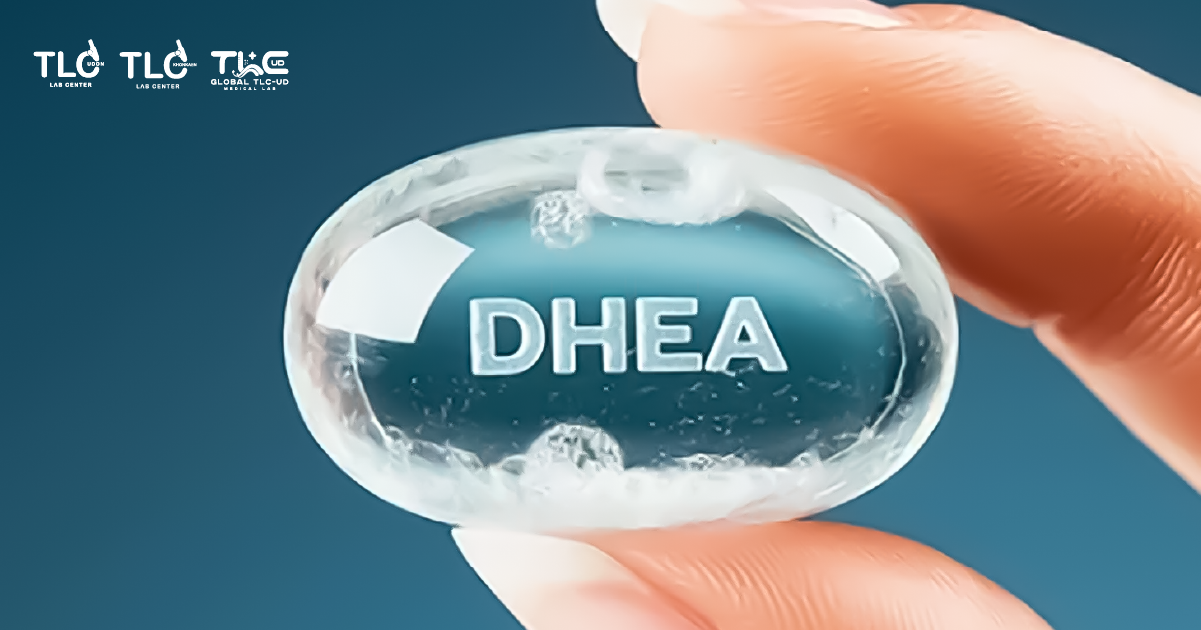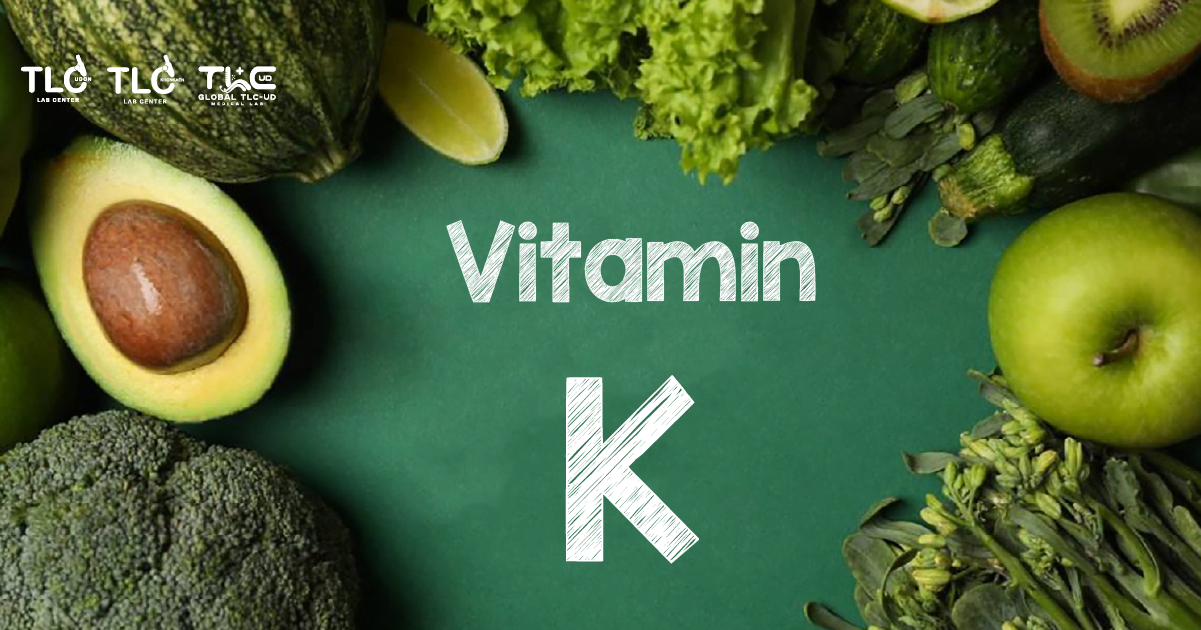Vitamin E, or tocopherol, is a fat-soluble vitamin that is essential for the body. It helps prevent the rupture of red blood cells, reduces the formation of blood clots and blockages in blood vessels, and decreases inflammation processes that may lead to various diseases. It also acts as an antioxidant, which helps protect cells and tissues from damage caused by free radicals.
What is Vitamin E ?
Vitamin E is a fat-soluble vitamin with antioxidant properties. It helps nourish the brain, eyes, skin, and cells in the body.
In what foods can Vitamin E be found?
Vitamin E is found in foods such as eggs, plants, vegetables, fruits, nuts (such as almonds), tomatoes, spinach, olive oil, spinach, mangoes, and kiwi.

What are the benefits of Vitamin E?
- Nourishes the brain, eyes, skin, and red blood cells
- Protects and moisturizes the skin
- Contains antioxidants that protect cells from free radicals, which can cause diseases like cancer, Alzheimer’s, and heart disease
- Helps slow down Alzheimer’s disease, especially in its early and middle stages
- Important for the reproductive system; deficiency can lead to issues like miscarriage and premature birth
What are the symptoms of Vitamin E deficiency?
Noticeable symptoms includes:
- Numbness in sensory nerves
- Other symptoms can include neurological disorders, blood disorders, and reproductive system issues
What are the symptoms of excessive Vitamin E intake?
Generally, the body can handle high amounts of Vitamin E well, but some symptoms may includes:
- Bloating
- Vomiting
- Diarrhoea
- Stomach pain
- Headache
- Blurred vision
- Fatigue
Benefits of vitamin E
Vitamin E has important roles to be a medicine and use for Medical e.g.
- Treats anaemia in newborns caused by the rupture of red blood cells
- Treats nutritional deficiencies
- Treats muscle pain in the legs when walking
- Provides resistance against various illnesses
Cosmetics:
- Used in many skincare products
- Acts as a preservative
- Moisturizes the skin
- Included in sunscreens to enhance the function of enzymes that reduce sunburn
- Helps heal the skin
Dietary Supplements:
- Used to nourish the body
- Prevents diseases
- Fights free radicals that can cause various diseases
Recommended daily intake of Vitamin E:
- Teenagers and adults: at least 15 milligrams per day
- Adults can safely consume up to 1000 milligrams per day
- Children aged 1-30 years: up to 200 milligrams per day
Laboratory Testing:
Vitamin E levels can be checked through a blood test without the need to fast or avoid food and drink.
Reference
- Burton GW, Ingold KU. Autoxidation of biological molecules: 1. The antioxidant activity of vitamin E and related chain-breaking phenolic antioxidants in vitro. J Am Chem Soc. 1981;103:6472–7.
- Brigelius-Flohé R, Traber MG. Vitamin E: Function and metabolism. FASEB J. 1999;13:1145–55.
- Sesso HD, Buring JE, Christen WG, Kurth T, Belanger C, MacFadyen J, et al. Vitamins E and C in the prevention of cardiovascular disease in men: The Physicians’ Health Study II randomized controlled trial. JAMA. 2008;300:2123–33
















